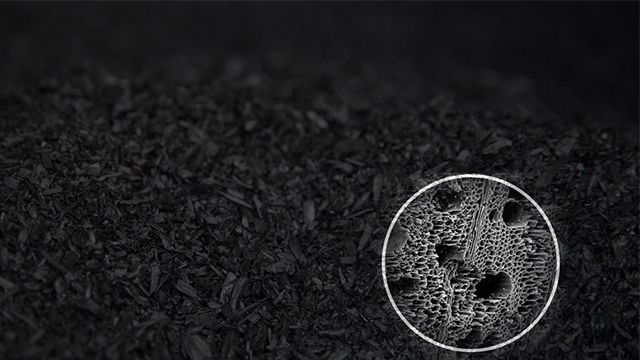Rice Husk Charcoal as a Sustainable Substitute for Boiler Fuel
The increasing demand for cost-efficient and low-emission energy sources has prompted industries to explore biomass-derived alternatives to fossil fuels. Among these, rice husk charcoal produced from pyrolysis technology is emerging as a viable and sustainable substitute for conventional boiler fuel. Its combustion characteristics, calorific value, and carbon-neutral profile position it as a critical element in the transition toward cleaner industrial heating solutions.
Conversion of Rice Husk into Charcoal
Rice husk, an abundant agricultural residue, is often underutilized or disposed of through open burning, releasing harmful pollutants. Through thermochemical decomposition in a rice husk carbonizer, this waste can be converted into high-quality charcoal. The pyrolysis process occurs in an oxygen-limited environment, typically at temperatures between 400°C and 600°C. During this process, volatile compounds are vaporized, leaving behind a carbon-dense solid with high energy content.
The resulting rice husk charcoal is lightweight, porous, and possesses a heating value typically ranging between 4,000 and 5,000 kcal/kg, depending on process conditions. These properties make it suitable for industrial boiler applications that demand steady and efficient thermal output.

Energy Efficiency and Combustion Performance
When compared to traditional fossil fuels such as coal or heavy oil, rice husk charcoal demonstrates competitive combustion efficiency. It ignites easily, maintains consistent heat release, and produces minimal ash and particulate emissions. The reduced sulfur and nitrogen content significantly lowers SO₂ and NOₓ emissions, mitigating acid gas pollution.
Furthermore, the ash generated from rice husk charcoal contains high silica content, which can be recovered for use in cement, ceramics, or silicon-based materials. This secondary utilization enhances the overall resource efficiency of the process, creating a closed-loop system that minimizes waste generation.
Economic and Operational Considerations
From an operational standpoint, the transition to rice husk charcoal as boiler fuel requires only minimal modifications to existing combustion systems. Industrial boilers designed for solid fuels can typically handle the feedstock without major retrofitting. The low bulk density of the charcoal may necessitate enhanced feeding mechanisms to ensure uniform combustion, but the capital investment remains modest.
Economically, the use of rice husk charcoal can significantly reduce fuel costs, especially in regions where agricultural waste is abundant and fossil fuel prices are volatile. A well-designed charcoal making machine allows producers to generate charcoal onsite or source it locally, minimizing transportation expenses and ensuring stable supply chains.
Environmental and Carbon Benefits
The environmental advantage of rice husk charcoal lies in its carbon neutrality. The carbon released during combustion originates from atmospheric CO₂ absorbed during the rice growth cycle. When produced in a modern pyrolysis plant equipped with emission control systems, the overall carbon footprint is drastically lower than that of fossil fuels.
Additionally, integrating biochar production into existing agricultural systems promotes rural development and sustainable energy self-sufficiency. By valorizing residues that would otherwise contribute to air pollution, this approach aligns with circular economy principles and national decarbonization goals.
Technological Pathways and Future Outlook
Continuous advancements in pyrolysis plant design are improving the quality and yield of rice husk charcoal. Innovations such as continuous-feed reactors, heat recovery systems, and advanced gas cleaning units enhance process efficiency while reducing operational costs. The adoption of automation and digital monitoring further ensures consistent quality and optimized energy recovery.
As industrial energy systems evolve, rice husk charcoal represents a strategic alternative fuel that balances performance, cost, and sustainability. Its potential extends beyond boilers — including applications in metallurgy, cement production, and decentralized power generation.
The widespread utilization of rice husk charcoal as a renewable fuel source exemplifies how biomass conversion technologies can transform waste into value, reducing dependency on fossil resources while supporting a cleaner energy future.
